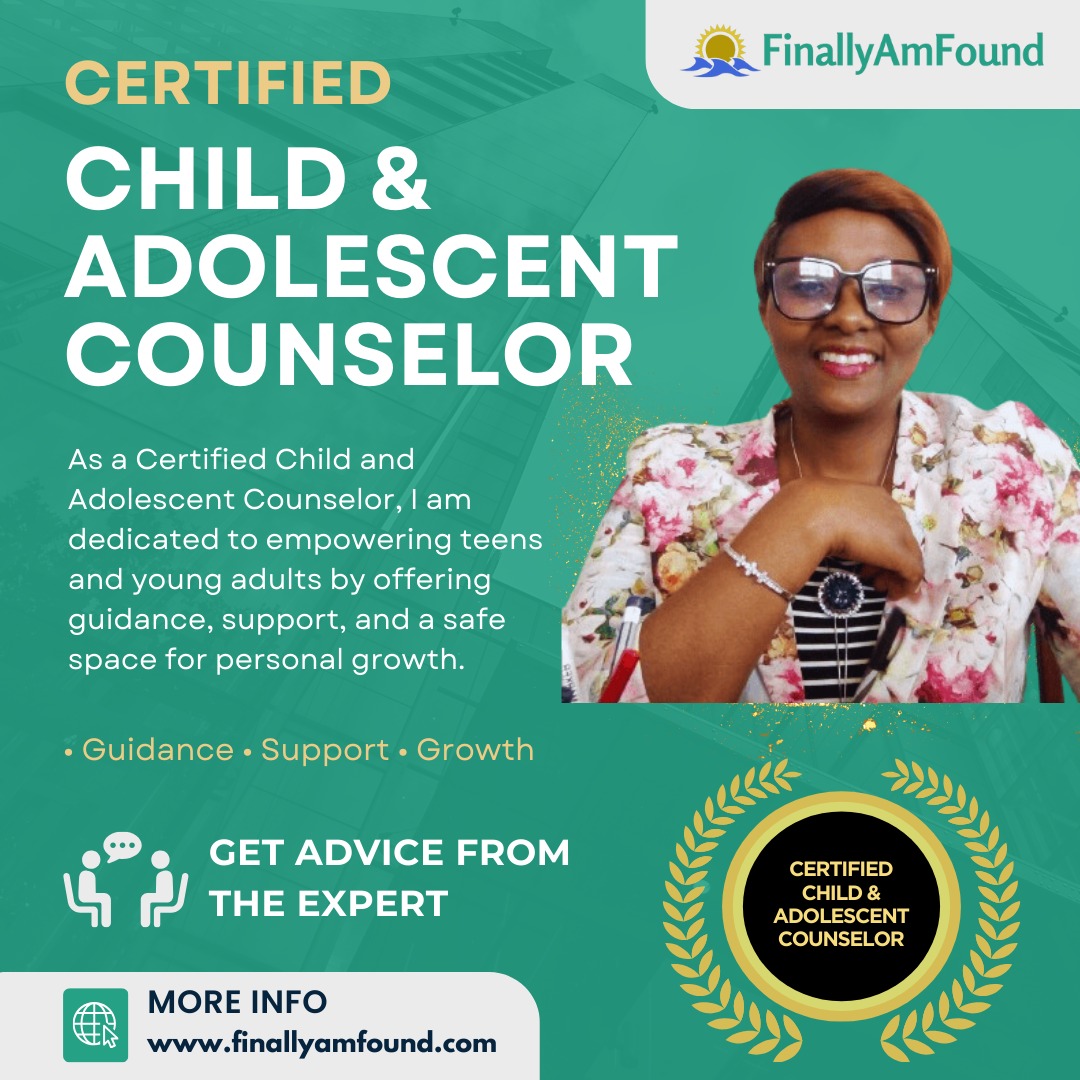The Secret to Being Truly Valued: Work on Yourself First
Genuine value and love are given to you when you embark on working on yourself. As you focus on self-growth, real value and love come your way. However, it’s not about seeking external affirmation.
“Just love them the way they are” can sometimes feel like a limiting statement, suggesting that no effort to change or improve is expected from the person being addressed, particularly if they aren’t caring for themselves. While we should appreciate others as they are, this also hints that the person might need to work on themselves.
“Who you truly are” should not be the incomplete or fake version of yourself that seeks to conform to others’ expectations. It is the authentic, whole, and evolving self that exists when you embrace your true values, passions, and strengths. It’s the version of yourself that is not defined by external pressures but by your inner beliefs and growth. Working on yourself means shedding false facades or insecurities and stepping into the fullness of who you were meant to be, with all your potential and purpose intact.
The Balance Between Self-Love and Growth
In a world that constantly emphasizes self-love, it’s easy to get caught up in the idea that being “yourself” is enough. But here’s a hard truth that no one tells you: the world doesn’t owe you unconditional love—not your friends, not society, not your partner, and not even your family. While self-love is important, it should not be an excuse to stay stagnant, refusing to grow or improve.
If you want to be loved, respected, and valued, you need to put in the effort to work on yourself and become one of the conscious, living human beings. Choose change that brings out the better version of yourself because you have the capability. Here’s why and how you can start:
People Are Drawn to Growth, Not Stagnation
People gravitate toward growth, not stagnation. Let’s be honest—no one enjoys being around someone who isn’t making an effort to improve their life. Whether it’s your mindset, abilities, spirituality, or routines, remaining unchanged isn’t appealing. Ultimately, you will attract what reflects who you are—whether it’s people, circumstances, or energies, such as complainers, chaos, negativity, hopelessness, conflict, or resentment. Growth, on the other hand, reflects strength, perseverance, and resilience—qualities that naturally draw respect, admiration, peace, joy, hope, and genuine love.
Ask yourself: Am I growing into someone I would admire? If the answer is no, it’s time to make changes.
Stop Using “This Is Just Who I Am” as an Excuse
Have you ever said something like:
- “I’m just lazy.”
- “I get angry easily.”
- “I’m bad with communication.”
- “I’m not a morning person.”
- “I’m not good at remembering people’s names.”
- “I’m a spendthrift.”
- “I procrastinate a lot; it’s just who I am.”
- “I’m terrible with money.”
- “I’m not good with technology.”
- “I can’t stick to routines.”
- “I don’t handle criticism well.”
- “I’m too shy to speak up.”
- “I’ve always been bad at keeping time.”
These statements create a narrative that normalizes stagnation instead of encouraging growth. While they might feel like self-awareness or harmless admissions, these phrases often serve as barriers to developing the very skills or habits that could transform your life for the better.
The reality is that while people may tolerate your flaws temporarily, tolerance is not the same as love. Love flourishes in an environment of respect and admiration, both of which are built through ongoing self-improvement. Genuine love embraces who you are while inspiring you to strive toward your fullest potential. Instead of clinging to your flaws, work on them. Flaws exist in every personality, but they are opportunities for growth.
Self-Work Builds Confidence—and Confidence Attracts
When you work on yourself—whether it’s learning a new skill, improving your physical fitness, studying the Gospel, or mastering emotional control—you naturally feel more confident. Confidence is magnetic. It draws people to you because it shows that you value yourself enough to put in the effort.
If you don’t take yourself seriously, why should anyone else?
But Some Things Can’t Be Changed—Accept Them
While working on yourself is essential, it’s important to recognize that there are some things about you that simply cannot be changed. These may include your physical appearance, the past experiences that shaped you, or certain personality traits. Acceptance is key.
You cannot change everything, and learning to accept these aspects of yourself is just as important as growth. Embrace the things you cannot change and let them be a part of your story. When you stop fighting your limitations, you free yourself to focus on the areas where you can grow.
In Marriage and Relationships: You Can’t Expect Total Acceptance
We sometimes cling to the belief that love means being accepted exactly as we are, without any need for change. However, relationships, especially marriage, thrive on mutual effort and growth. For example, if you spend all your time in bars simply because you met your partner in a club, expecting them to be okay with it might lead to conflict. Adjusting such habits is often necessary.
While unconditional love is essential in a relationship, it doesn’t mean that your partner should accept behaviors that are clearly unhealthy, harmful, unproductive, or destructive. In a loving relationship, both people should be willing to support and encourage each other’s growth, even if it means making changes.
If you want to be deeply loved and respected in any relationship, you must ask yourself: Are there habits or behaviors that I need to change to make this relationship stronger and better? If the answer is yes, it’s time to put in the work.
Stop Faking Behavior Traits
The idea of “faking it until you make it” can sometimes be misinterpreted. There’s a fine line between adopting positive traits and pretending to be something you’re not. Faking behaviors—whether it’s pretending to be confident, pretending to care, or pretending to be happy/kind/empathetic—only leads to exhaustion and disconnection.
Genuine change comes from within. If you’re constantly faking traits or behaviors that don’t align with who you are, it will show. People see through this, and it will lead to a lack of trust and connection. Instead of faking it, focus on becoming the best version of yourself. Positive behaviors will naturally emerge as you grow, benefiting both you and the people around you.
Personality and Behavioral Traits to Work On
Commit to refining your personality and character to harmonize with your authentic self and fulfill your greater purpose. Improving your personality and behavior is a significant part of personal growth that makes you better.
Negative Traits to Address
Working on negative traits such as jealousy, arrogance, procrastination, selfishness, impatience, pessimism, laziness, neuroticism, disorganization, rigidity, attention-seeking, manipulativeness, short-temperedness, dismissiveness, insensitivity, domineering behavior, argumentativeness, withdrawal, indecisiveness, stubbornness, self-centeredness, apathy, over-defensiveness, paranoia, irresponsibility, insecurity, cynicism, rudeness, and negative aggression can enhance your personal growth, improve bonds, and increase productivity.
The Value of Honest Feedback
One of the most valuable aspects of being in close relationships is the feedback you get from those who love you. These people are often the first to notice when you need to adjust something about your behavior or attitude. Instead of feeling hurt or defensive when someone you care about points out areas for improvement, embrace it.
Loving feedback is a tool for your growth. Those who truly care about you want to see you become the best version of yourself. They aren’t criticizing you; they’re helping you grow.
The Importance of Feedback in Relationships
Feedback is also essential in relationships. A partner who loves you will help you see things from a different perspective, pointing out areas where you can be kinder, more patient, or more responsible. Don’t ignore this feedback. Use it as a stepping stone to becoming a stronger, more valuable version of yourself.
To Love, Cherish, and Care Starts with You
No one will love you the way you are—not even you—if you’re not working on becoming the best version of yourself. But here’s the good news: as you work on yourself, you’ll naturally attract the kind of people who will love, respect, and cherish the person you’re becoming.
So, stop waiting for someone to see your “potential.” Start realizing it for yourself. When you do, love won’t just find you—you’ll already be in love with the person you’ve become.
Self-Love as the Foundation for Relationships
To love, cherish, and care for others starts with doing the same for yourself. Self-love and self-care are foundational for building healthy relationships, as they help you develop the emotional capacity to give to others. When you nurture your own well-being, you model the love and respect you expect from others.
This cycle strengthens your relationships and allows you to create a positive impact in the lives of those around you. By valuing yourself, you set the tone for how others treat you. By treating others with love and care, you further enrich your own self-esteem and emotional health.
Practical Ways to Start Working on Yourself
Here’s how you can begin the journey:
1. Identify Your Weaknesses
Be honest with yourself about where you fall short. Maybe you procrastinate, struggle with relationships, or have poor financial habits. Write these down and commit to working on them.
2. Invest in Your Skills and Knowledge
Take courses, read books, or develop a hobby. Learning doesn’t just improve your value—it also makes you more interesting to talk to and be around.
3. Take Care of Your Physical and Mental Health
Exercise, eat well, and get enough sleep. Prioritize your mental health by managing stress and seeking therapy or mentorship if necessary. When you look and feel better, you exude positivity.
4. Improve Your Character
Be kind. Be reliable. Be humble. People gravitate toward those who are emotionally mature and trustworthy.
5. Set Clear Goals
Know where you’re headed. Aimlessness isn’t attractive. Set goals for your career, relationships, and personal growth, and actively pursue them. Don’t let your life be driven solely by the goals, dreams, or aspirations of others.
6. Get Help When You Need It
Acknowledging that you need support is not a flaw but a mark of personal growth and wisdom.
If you’re struggling with a specific issue—whether it’s emotional, physical, or mental—seek support from others. This could involve speaking to a mentor, therapist, or coach, or even simply asking trusted friends for advice.
Getting help can provide you with a fresh perspective, tools to handle challenges, and encouragement to keep moving forward. Don’t be afraid to lean on others when you need to. Everyone needs help at some point, and it’s okay to ask for it. Seeking help demonstrates that you care enough about yourself to invest in your growth.
By recognizing when you need guidance or support, you increase your chances of overcoming obstacles more effectively and quickly. Surrounding yourself with people who care and can offer advice, encouragement, or even just a listening ear is an essential part of personal growth.
Remember, improvement takes time and consistent effort. Be patient with yourself.
Analyze Your Social Circle
Assess your friends or social circle by considering whether they inspire growth, support your goals, challenge you positively, and bring positivity into your life. Conversely, recognize if any individuals drain your energy or encourage negative behaviors that hinder your development. The extent of your growth often depends on the quality of your friendships.
Your Move
Reflect on the following questions to kickstart your personal growth journey:
- What’s one habit or area in your life that you can start improving today?
- What is something about yourself that you can’t change but need to fully accept?
- How can you work on becoming a better version of yourself for your relationships?
- When was the last time someone gave you valuable feedback? How did you respond to it?
A Prayer for Guidance
Thank you, Lord, for equipping me with all I need to grow and improve.
I am grateful for Your guidance and the strength You provide as I work on myself. Help me recognize areas where I can become better and give me the wisdom to make positive changes. Teach me Your ways, and may I always rely on Your grace as I strive to fulfill Your purpose. Lead me to be the person You created me to be, reflecting Your love and light in all I do.
In Christ’s name, I pray.
Amen.
Hey, I’m Angeline, your RN and founder of Finally Am Found. With a heart for mentorship, I’ve been guiding teens and young adults since 2017. As a Registered Nurse, I blend medical expertise with personal experiences to create a Christ-aligned space for self-discovery. Connect with Angeline on Facebook and let the journey to self-discovery begin!
















